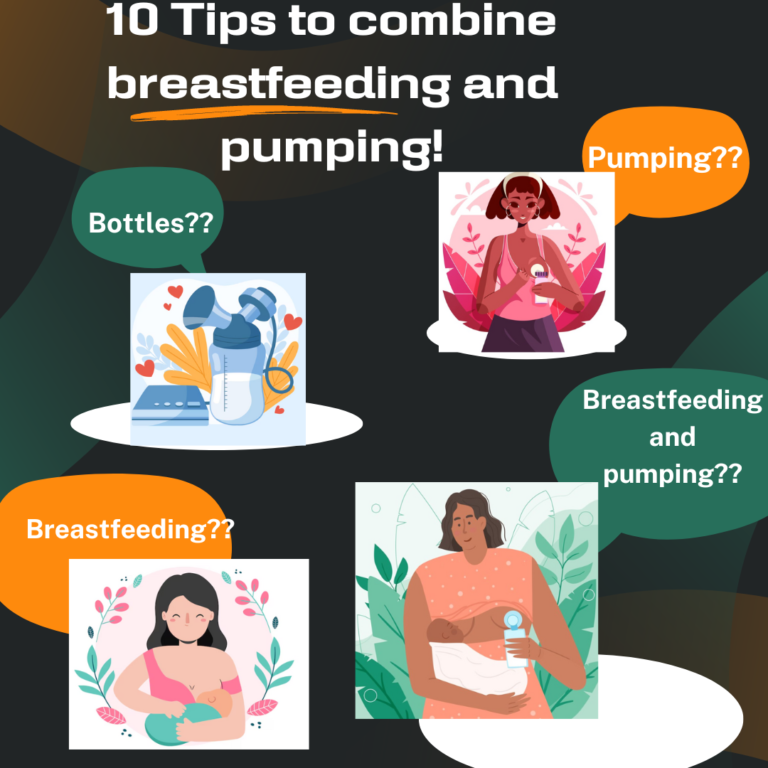Mammary Aplasia (Amastia):Coping, and Finding Support

Breast development is a complex and essential part of female puberty, but for some women, this process doesn’t occur as expected, leading to conditions like Mammary Aplasia, also known as Amastia. In this article, we will delve into what Mammary Aplasia is, how it affects women physically and emotionally, and where to find valuable support and resources.

What is Mammary Aplasia (Amastia)?
Mammary Aplasia, or Amastia, is a rare congenital condition characterized by the complete absence of one or both breasts. This conidtion is one of the Insufficient glandular tissue type. The absence of breast tissue and mammary glands can have significant physical and psychological effects on affected individuals.
What is the Physical Impact of Mammary Aplasia
- Breast Appearance: Women with Amastia often have a flat chest with no visible breast mound or nipple-areola complex.
- Challenges with Breastfeeding: The absence of breast tissue can make breastfeeding difficult or impossible.
The Emotional Impact of Mammary Aplasia
- Body Image and Self-Esteem: Mammary Aplasia can profoundly impact a woman’s body image and self-esteem, leading to feelings of insecurity and isolation.
- Psychological Well-Being: Coping with the emotional aspects of Amastia can be challenging, often necessitating professional support.
Coping with Mammary Aplasia
- Exploring Surgical Options: Some women with Amastia may consider breast reconstruction surgery to improve their physical appearance.
- Emotional Support: Seek emotional support from therapists or support groups to address body image issues and self-esteem.
- Alternative Feeding Methods: For those wishing to become mothers, exploring alternative feeding methods like formula feeding or donor milk is essential, given the breastfeeding challenges associated with Amastia.
Finding Support and Resources
- Support Groups: Online and in-person support groups can connect women with Amastia and provide a safe space to share experiences and strategies for coping.
- Therapists and Counselors: Professional therapists and counselors can assist in addressing the emotional aspects of living with Amastia.
- Educational Resources: Seek out educational resources and organizations dedicated to providing information and support for women with Mammary Aplasia.
Conclusion
Mammary Aplasia (Amastia) is a rare condition that profoundly affects women physically and emotionally. While it presents unique challenges, understanding, emotional support, and professional guidance can help individuals navigate their journey with Amastia, ultimately promoting self-acceptance and well-being. Remember, you are not alone, and there are resources available to support you in your journey with Mammary Aplasia.
Frequenlty asked question
- Can Mammary Aplasia be corrected through surgery?
Yes, breast reconstruction surgery is an option for some women to improve their physical appearance. Consult with a qualified plastic surgeon to discuss the possibilities.
2. Is it possible to breastfeed with Mammary Aplasia?
Breastfeeding with Mammary Aplasia can be challenging due to the absence of breast tissue and mammary glands. Many women with Amastia choose alternative feeding methods like formula feeding or donor milk.
3. Where can I find support and resources for coping with Mammary Aplasia?
Support can be found through online and in-person support groups, professional therapists or counselors, and educational resources and organizations dedicated to helping patients.















+ There are no comments
Add yours